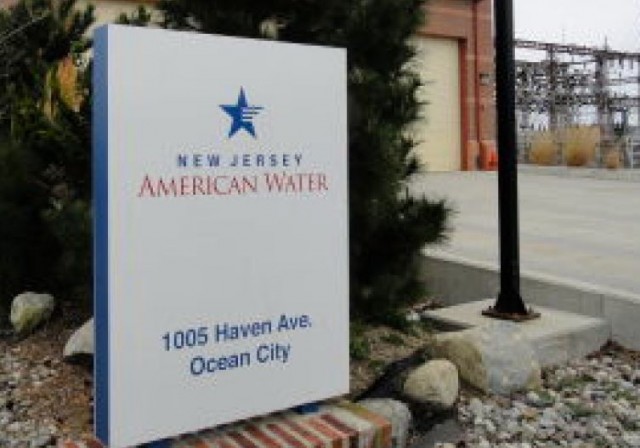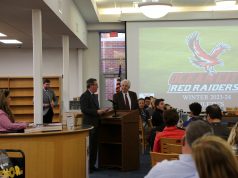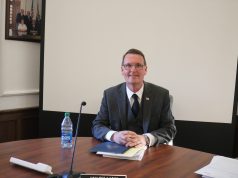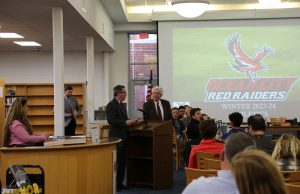The state held a public hearing Tuesday on a proposed New Jersey American Water Company rate increase for water and sewer service, and Ocean City residents complained about already high rates for services that often are used only part of the year.
The utility company seeks approval to raise an extra $4,483,878 to cover the increased costs of buying water from other companies and sending wastewater to outside facilities to be treated.
In Ocean City, a typical wastewater service customer using 20,000 gallons in the summer quarter and 44,000 gallons annually now pays $65.86 per month and would pay $67.93 per month (a 3.14 percent increase) if the new rates were approved, according to the New Jersey Division of Rate Counsel. The increases were described as a “pass-through” of new vendor costs to NJAWC.
But Central Avenue resident Eric Sauder said he pays $150 to $230 a month — more in a month than he paid in three months in other communities.
Wesley Avenue resident Jim Tweed said his bills have quadrupled in eight years, despite no change in usage patterns.
First Ward Councilman Mike DeVlieger, a member of the city’s Utility Advisory Commission, said he pays more in water and sewer bills than for any other utility service.
“I’m a businessman,” DeVlieger said. “Costs increase all the time. I can’t always pass it on to the customer.”
“Why is the cost so high for Ocean City?” Fourth Ward Councilman Pete Guinosso asked.
Susan McClure, an attorney for the New Jersey Division of Rate Counsel, a state-appointed consumer watchdog group, said shore communities such as Ocean City need an infrastructure (the pipelines and equipment that move sewerage) capable of handling a peak summer day.
“That’s what you guys are paying for,” McClure said. “That’s why the cost is so high.”
The fixed costs of maintaining a big infrastructure are spread across a relatively small base of ratepayers in shore communities, she said.
DeVlieger asked McClure how many rate increase proposals among a typical 100 might actually be rejected. While she didn’t venture a specific answer, McClure said her division takes its job seriously and that not all proposals are approved.
She said that public comment will be taken under consideration and that the proposal must go before the state Board of Public Utilities (likely within a month) before the increase can be approved. The proposal also includes an increase for fresh water usage. A typical resident consuming 6,500 gallons per month would see an increase of less than 1 percent.






